The global automotive industry is bracing itself for a new era of trade challenges as carbon tariffs emerge as a potential game-changer in international commerce. With climate change policies tightening worldwide, nations are increasingly turning to carbon-based trade measures to level the playing field for domestic manufacturers. This shift presents unprecedented hurdles for car exporters, particularly those from developing nations with less sophisticated green manufacturing capabilities.
At the heart of this issue lies the European Union's Carbon Border Adjustment Mechanism (CBAM), which is set to revolutionize how vehicles are taxed at borders. Unlike traditional tariffs based solely on the value of goods, these new measures will calculate duties according to the carbon footprint of each vehicle's production process. This means two identical cars could face dramatically different tariffs based on how their manufacturers source energy and materials.
The automotive sector finds itself particularly vulnerable to these changes due to the carbon-intensive nature of vehicle production. From steel and aluminum smelting to battery manufacturing for electric vehicles, each step in the automotive supply chain contributes significantly to overall emissions. Exporters now face the daunting task of not just competing on price and quality, but on the environmental credentials of their entire production ecosystem.
Emerging markets are sounding alarm bells about what they perceive as disguised protectionism. Countries like Thailand, Mexico, and South Africa, which have become major auto export hubs in recent decades, argue that carbon tariffs unfairly penalize nations still developing their clean energy infrastructure. Their manufacturers simply don't have access to the same renewable energy grids or carbon capture technologies as their European counterparts.
Meanwhile, traditional automotive powerhouses are taking divergent approaches. German automakers with extensive global production networks are lobbying for transitional periods and exemptions, while French manufacturers with more localized operations generally support stricter measures. This intra-European divide highlights how carbon tariffs could reshape competitive dynamics within the industry itself.
The ripple effects extend far beyond simple tariff calculations. Shipping methods are coming under scrutiny, with ocean freight facing potential carbon taxes that could make regional production more attractive. Just-in-time inventory systems may need reevaluation as proximity to markets gains importance. Even the secondhand car trade, vital to many developing economies, could be impacted by new carbon-related restrictions.
Automakers are responding with a mix of strategies. Some are accelerating local battery production to reduce transport emissions, while others are investing in blockchain systems to better track and verify the carbon footprint of their supply chains. A few forward-thinking manufacturers have begun offering "carbon-neutral" vehicles at premium prices, though critics question the legitimacy of such claims without standardized measurement protocols.
The technical challenges of implementing carbon tariffs on vehicles are staggering. Unlike commodities like steel or cement with relatively straightforward production processes, automobiles contain thousands of components from hundreds of suppliers across multiple countries. Calculating accurate carbon footprints requires unprecedented supply chain transparency and cooperation - something the traditionally secretive automotive industry has rarely embraced.
Trade lawyers are anticipating a flood of disputes at the World Trade Organization as nations challenge each other's carbon accounting methodologies. The lack of internationally agreed standards for measuring embedded emissions in complex manufactured goods like cars creates fertile ground for legal battles that could take years to resolve. Some experts predict this uncertainty alone may cause automakers to rethink expansion plans in certain markets.
Consumers may ultimately bear the cost of this transition through higher vehicle prices, particularly in markets heavily reliant on imports. While electric vehicles are often touted as the clean alternative, their carbon-intensive battery production means they might initially face higher carbon tariffs than some conventional vehicles - a paradox that could slow EV adoption in price-sensitive markets.
The geopolitical implications are equally significant. Countries rich in renewable energy resources suddenly find themselves with new leverage in automotive trade negotiations. Nations like Morocco, with abundant solar potential, are positioning themselves as low-carbon manufacturing bases. Meanwhile, traditional auto parts suppliers in coal-dependent economies face existential threats unless they can rapidly decarbonize.
As the 2030 deadline for many climate targets approaches, the pressure on automakers to adapt intensifies. What began as environmental policy has evolved into a comprehensive restructuring of global automotive trade rules. The companies that survive this transition won't just be those that build the best cars, but those that can navigate the complex new world of carbon-conscious commerce.
The coming years will test whether carbon tariffs truly reduce global emissions or simply reshuffle the automotive industry's geography. One thing is certain: the rules of international car trade are changing fundamentally, and there's no turning back to the simpler days of tariffs based solely on engine size or invoice value.
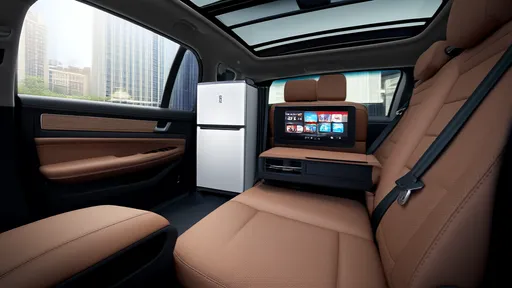
By /Jun 14, 2025
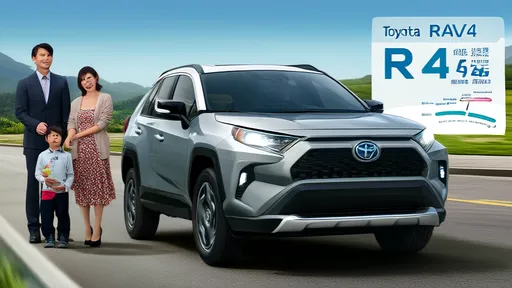
By /Jun 14, 2025
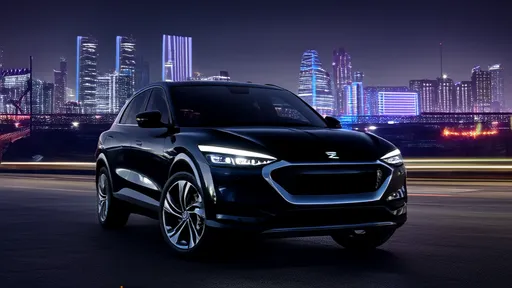
By /Jun 14, 2025
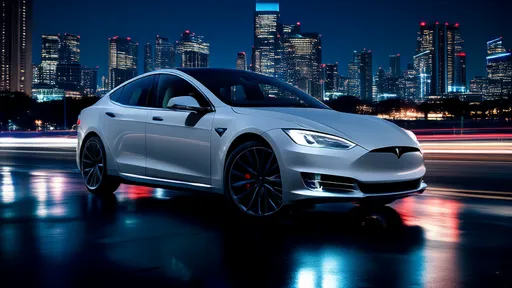
By /Jun 14, 2025
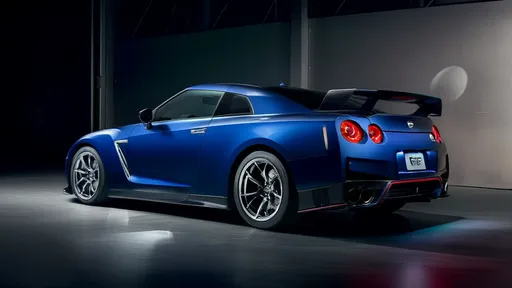
By /Jun 14, 2025
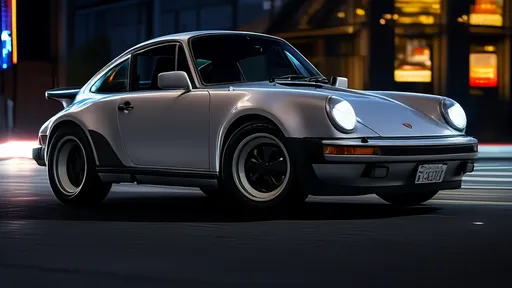
By /Jun 14, 2025
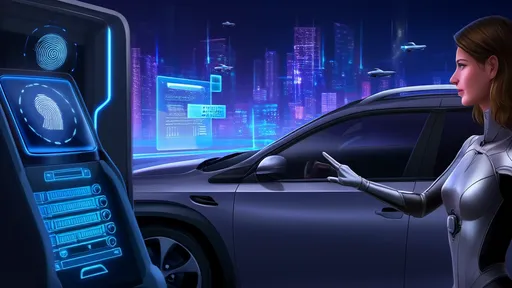
By /Jun 14, 2025

By /Jun 14, 2025
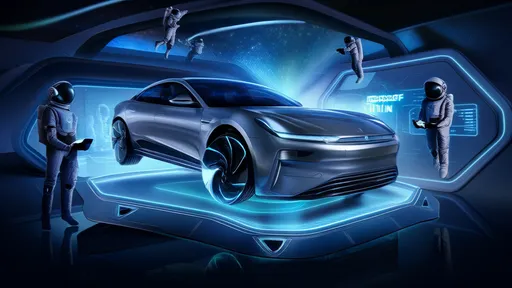
By /Jun 14, 2025
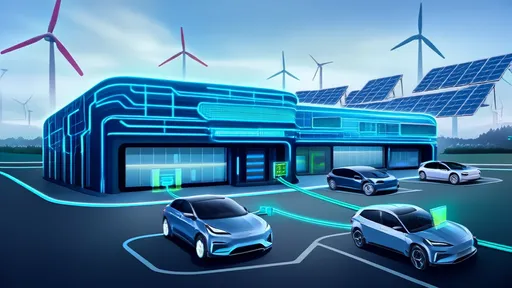
By /Jun 14, 2025

By /Jun 14, 2025
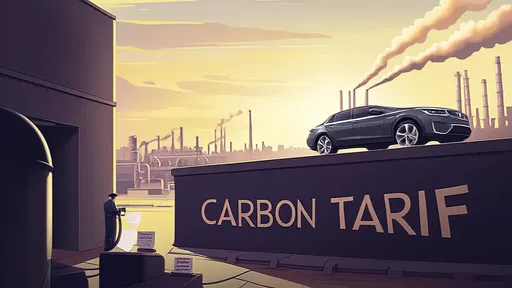
By /Jun 14, 2025
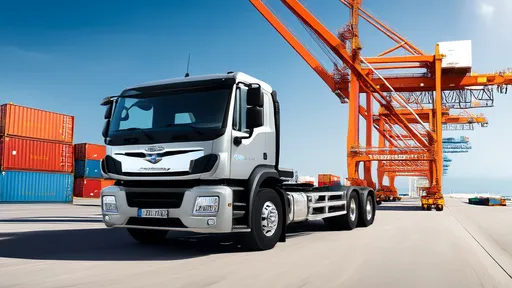
By /Jun 14, 2025
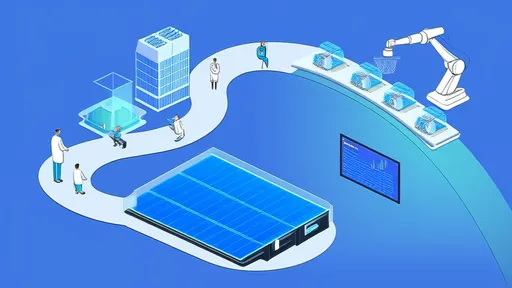
By /Jun 14, 2025
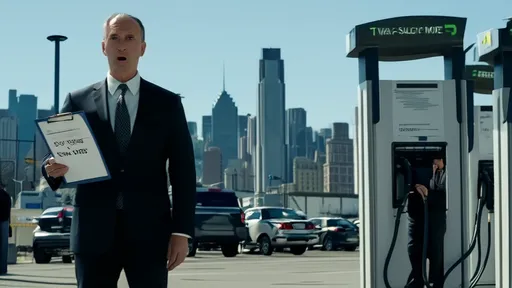
By /Jun 14, 2025
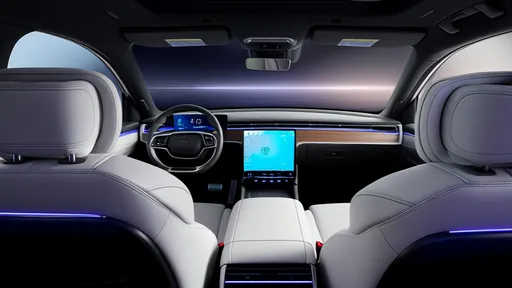
By /Jun 14, 2025

By /Jun 14, 2025

By /Jun 14, 2025